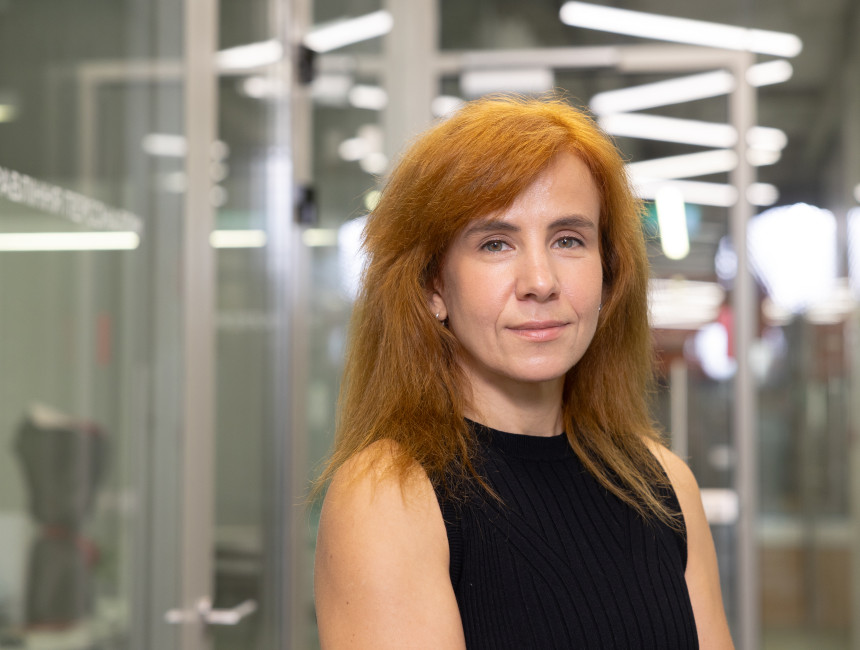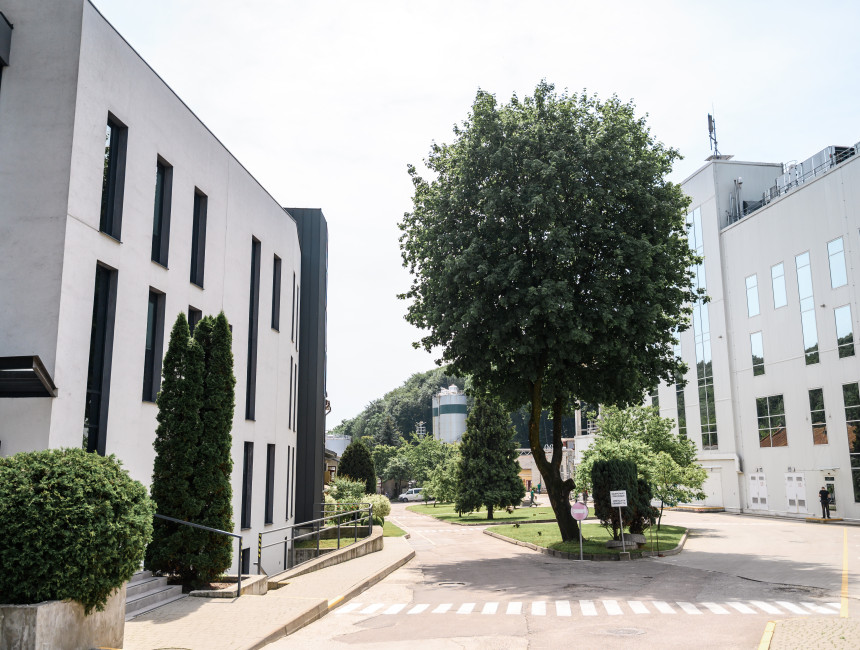Ukrainian pig farming is undergoing structural changes: domestic demand remains, but import growth, rising costs, and product safety requirements are pushing the market to transform. According to the results of 2024, pork production in Ukraine grew, the trend will continue in 2025 - at the same time, there is a flow towards industrial producers, and the share of small farms is decreasing.
Market context: demand exists, but it is not being fully covered
More than 3,500 pig farming enterprises operate in Ukraine. Despite the annual growth of the livestock by 3–4%, domestic demand is not fully covered - imports are increasing, which puts pressure on local producers. In the structure of meat consumption, pork ranks second (37%), second only to chicken due to its availability.
Among the key market challenges: increasing costs of maintenance and logistics in war conditions; limited export opportunities; shortage of qualified personnel; quality and availability of feed.
Caution of producers to introduce innovations in feeding.
European background: fewer antibiotics and more sustainability
European pig farming is also going through a period of change. In 2022, pork production in the EU decreased by 5% (Germany - minus 10%); in 2023, average consumption in the EU decreased to approximately 40 kg per person (-6.1% y/y). Reasons: high price, search for healthier alternatives and growing environmental awareness.
Trends affecting Ukraine:
Abandonment of antibiotics in daily feeding; "clean" feeds without artificial stimulants; local sources of protein to reduce dependence on imported soy; investment in R&D infrastructure (example: in France, IFIP opened CIRI - a full-cycle research center).
New feeding standards: what works in practice
New generation feed additives.
Postbiotics (without live bacteria) stimulate immunity and suppress pathogenic microflora; enzyme complexes improve nutrient absorption and reduce the need for antibiotics.
Phytogenics.
Plant extracts (flavonoids, etc.) work as natural antioxidants, reduce inflammation, improve appetite.
Microbiome solutions.
Probiotics and prebiotics - including those personalized for lines/herds - support the balance of intestinal microflora and productivity.
Alternative proteins.
Yeast, fermented proteins, insect protein (in particular black lionfish) - as a replacement for soy/fishmeal, especially for young animals.
Sustainability and ecology.
Recipe optimization reduces nitrogen/phosphorus emissions, reduces the carbon footprint of production. Special additives reduce ammonia emissions; production residues are increasingly used as biofertilizers.
Processing technologies.
Microencapsulation protects sensitive ingredients; heat-stable probiotic forms retain activity after granulation.
Ukrainian dimension: what hinders and what can accelerate
The market expects evidence: presentations of test results, implementation economics, cases. The cost of natural ingredients and logistics raise the entry bar, and limited access to foreign markets makes scaling difficult. At the same time, the need for safe and effective solutions is growing - this creates space for local producers of functional feed ingredients.
Aquaculture and "alternative" niches.
The fastest growing segment is the aquaculture segment (in Ukraine - with a focus on shrimp Penaeus vannamei). Here, the demand for natural ingredients and yeast solutions opens up additional opportunities for feed additive suppliers.
Enzym Group's approach to innovation in feeding
Modern solutions are a synergy of science and practice. We work with yeast cells and create natural functional supplements to support animal health, improve feed absorption and reduce the need for antibiotics. Each product goes through a full cycle - from microbiological screening and laboratory studies to animal testing and a comprehensive evaluation of the results. Only after that does it receive recommendations for industrial application.
Industrial dialogue: science-business-state
Sustainable transformation of the industry is impossible without the interaction of market participants. At the All-Ukrainian Practical Forum "Pig Complex: Healthy Livestock - Guarantee of Profitability", the Enzym Group team presented the results of research on "EnzActiv Mix" - a combined supplement (live yeast + enzyme complex in heat-resistant granules). The results of the tests noted:
improvement of the composition of sows' milk (in particular, protein and iron content); support for the growth and development of piglets; increase in feeding efficiency; improvement of meat quality and production economics.
Ukrainian pig farming is not on the verge of "decline", but on the threshold of transformation. A focus on natural ingredients, microbiome solutions, alternative proteins and technological proof can make the industry competitive and sustainable. The next step is to scale up innovations through partnerships between business, science and the state: then the market will receive safer products, a better economy and a smaller ecological footprint.







